Being Time
A Dialogue with Francesco Arena
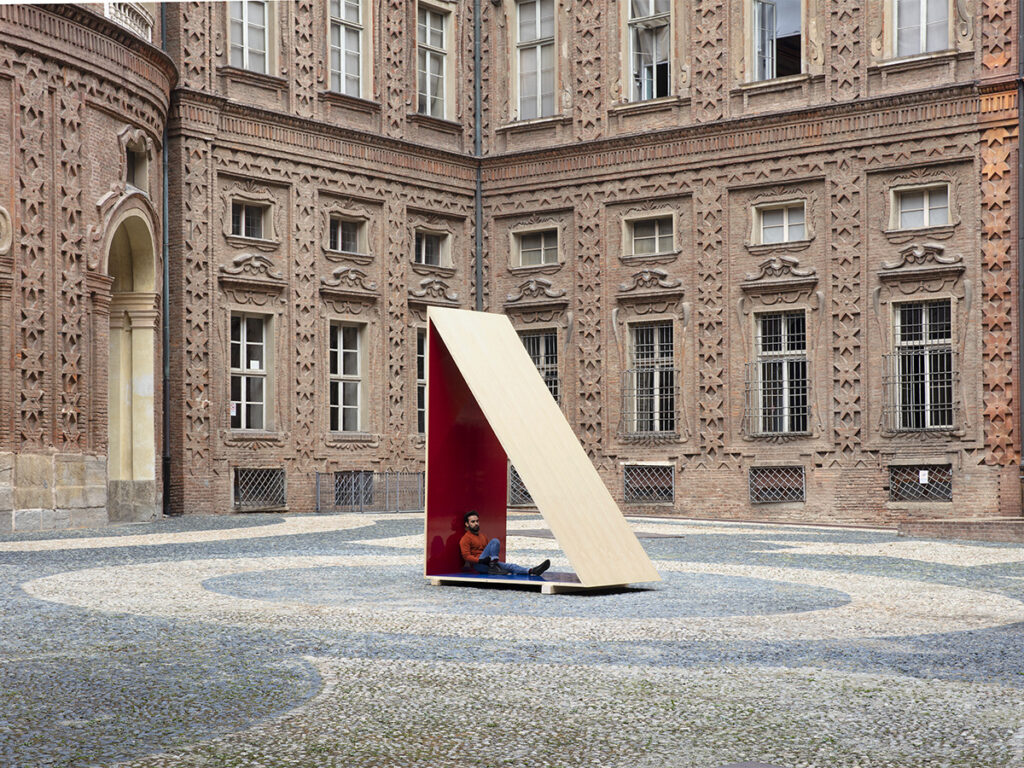
Lorenzo Madaro When it comes to reflecting on Italian artistic identity, one artist who comes to mind is Francesco Arena. What does he think the concept of identity represents? Is there an identity in his approach, in his method, in the materials he adopts for his works, in which he reconstructs recent Italian history through […]
Queer Art – Live Art
The Role of Art in Shaping Queer Identity, through Five Italian Artists
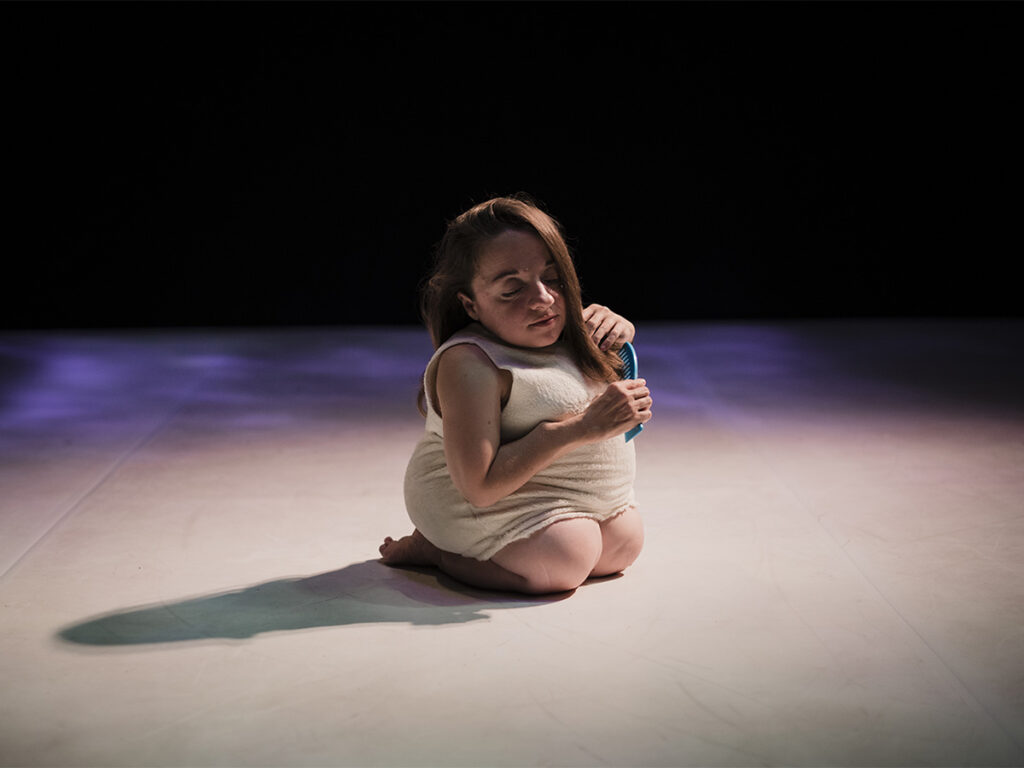
Giulia Casalini Often the boundaries between art and ‘queerness’[1] become blurred: the artistic artifice has the capacity to influence our thinking and subjectivity through a queer aesthetics-politics, while our queer identities, knowledges and pleasures are themselves already art. For instance, the way one loves, or practices sex, can itself be considered art (as in the […]
The Body: Personal Dimension and Collective Memory
Notes on Italian Art of the Present
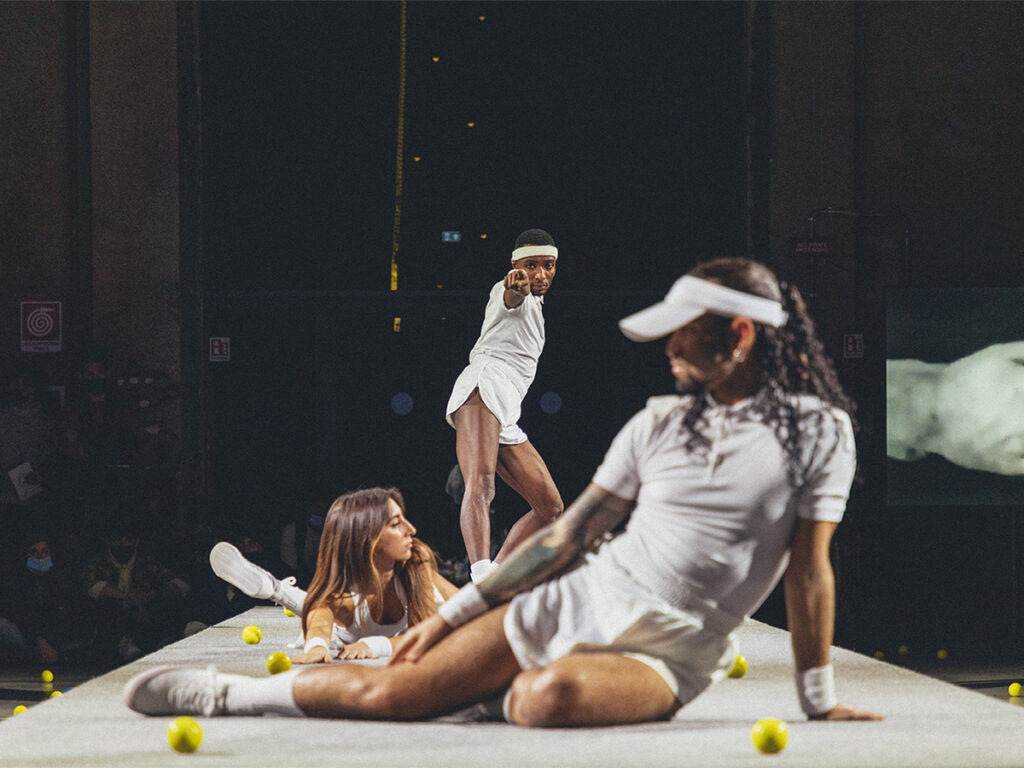
Raffaella Perna In her book Posthuman Knowledge (2017), Rosi Braidotti argues that in the 21st century subjectivity is a paradoxical place, a theatre where multiple social, symbolic, economic and political factors come into play and intersect, and warns us that this historical phase presents us with a contradiction – its consequences are many. What we […]
Posthuman
A Perspective
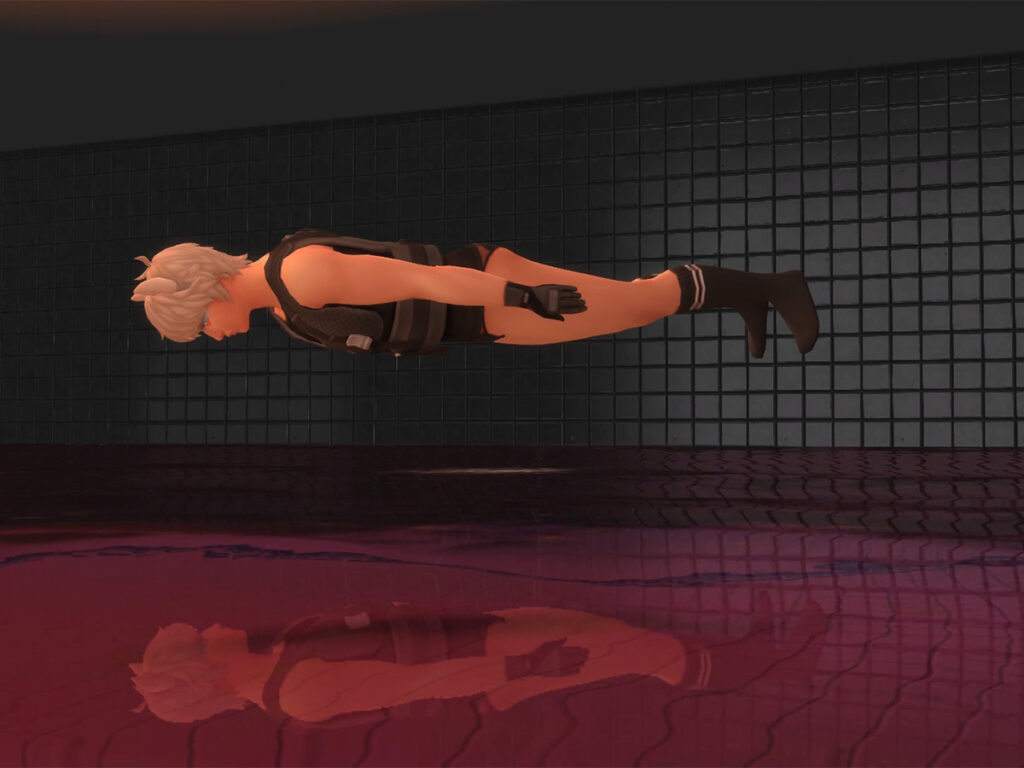
Giorgio Verzotti, Valentino Catricalà[1] Post Human The exhibition Post Human, curated by Jeffrey Deitch, had arrived from Lausanne to the Castello di Rivoli in autumn 1992. It immediately received a certain amount of attention, because it seemed to mark a sort of lived epistemological fracture in the reality that contemporary art was more or less […]
Identity as Performance
Art in the Metaverse
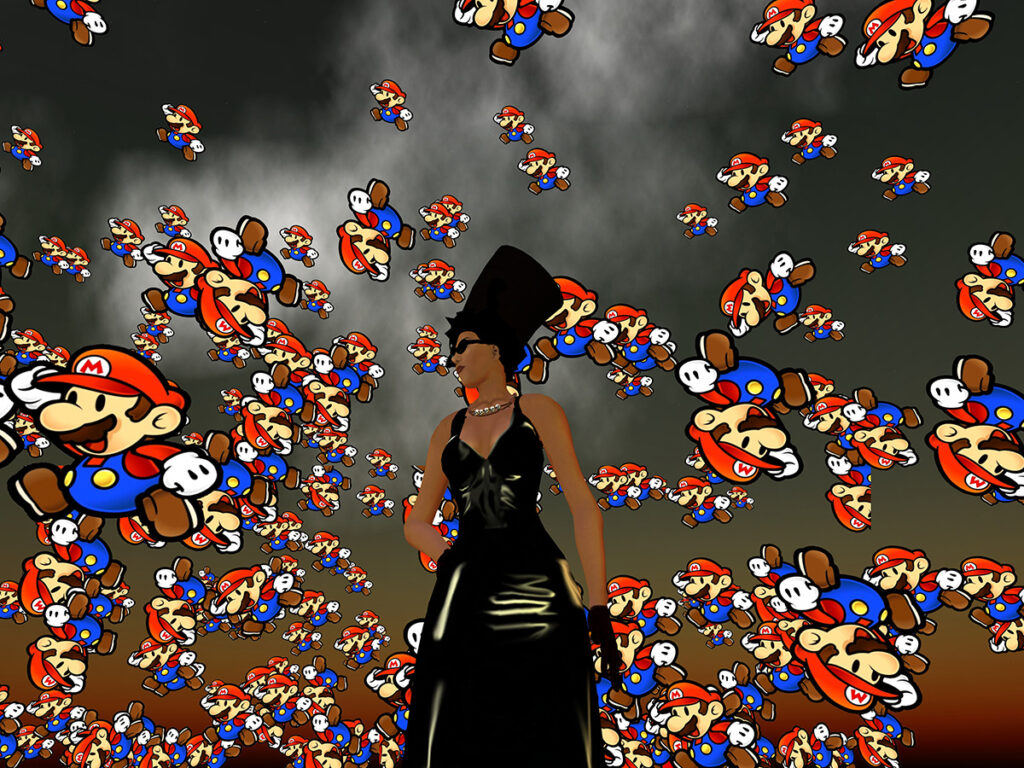
Domenico Quaranta Some time ago, a local newspaper asked me: ‘do you know any artists in Brescia working with NFTs?’ What made me think, more than the question itself, was that I found it instinctively out of place. With few exceptions, mainly related to having already linked their career to their first name, the artists […]
Portraying the Present
Italian Painting between Meta-Dimension and Meta-Reality
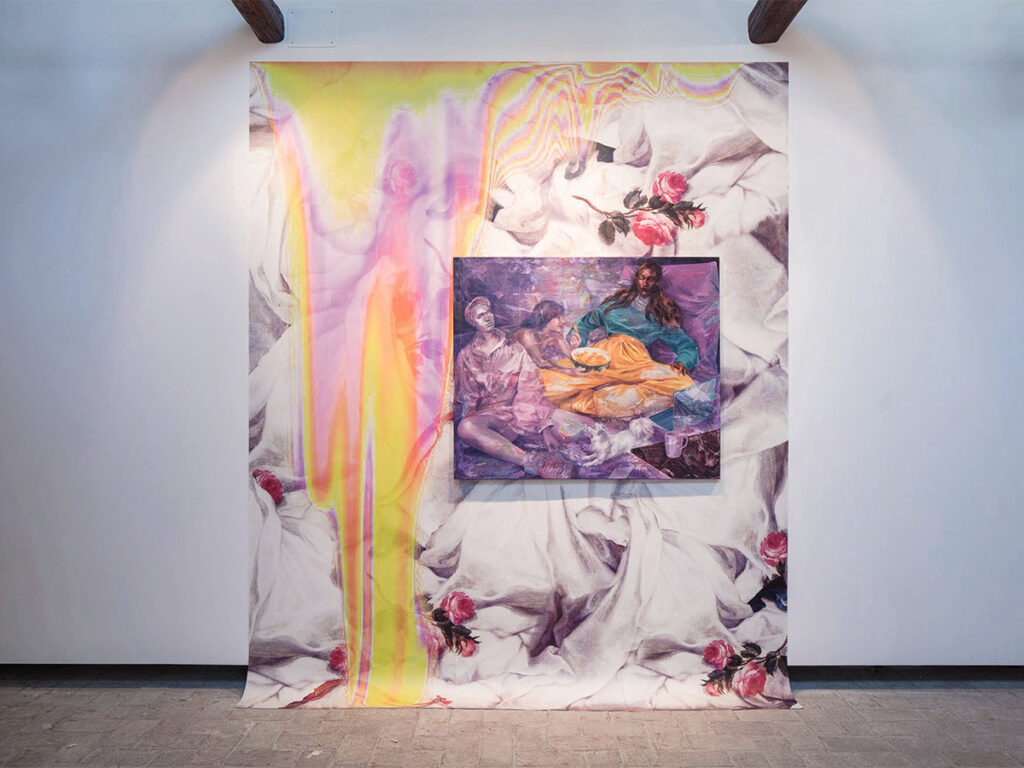
Elisa Carollo, Edoardo De Cobelli The generation born between the mid-1980s and the late 1990s was the first digital native one. It grew and shaped its both personal and artistic identity in the context of a constant negotiation between the digital and physical spaces. From the PlayStations and Nintendos of the 1990s, to the online […]
The Collective Body
Notes on Milan in the Early 2000s
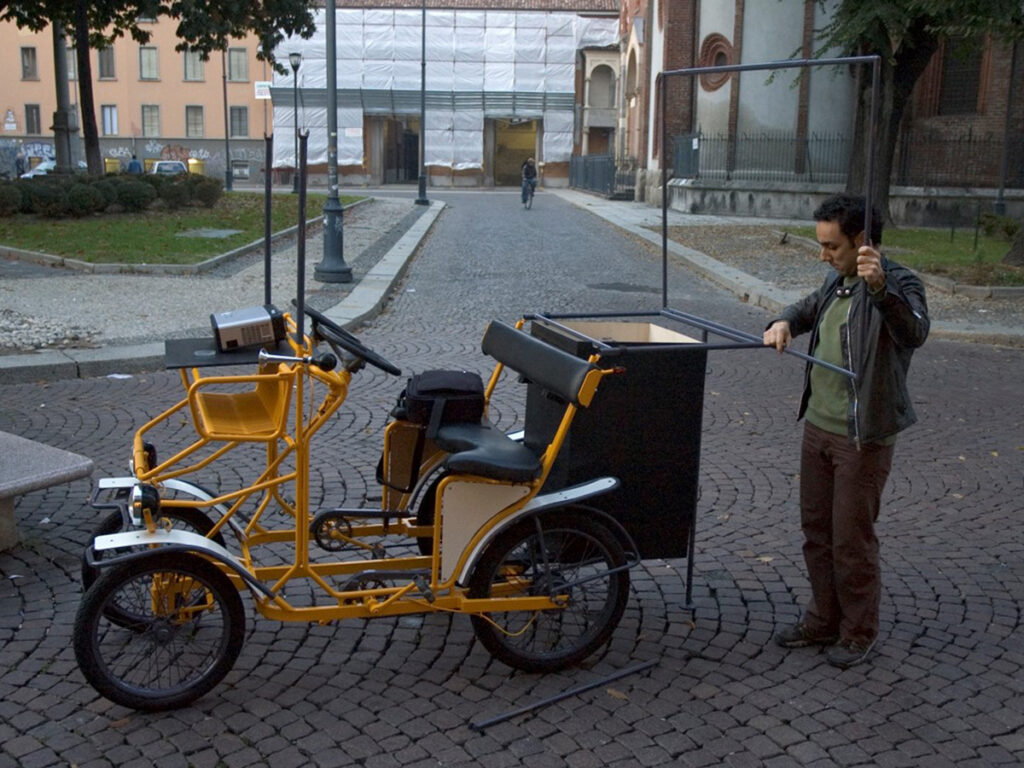
Francesca Guerisoli In the first decade of the 2000s, there were a number of cultural workers, born between the 1970s and the first half of the 1980s, who looked both at social practices and at work in teams. In Milan in particular, the ‘young’ workers of the artistic universe had their intellectual formation and took […]
Two Parallels
Analysis of an Existential Paradox between Two Generations of Artists
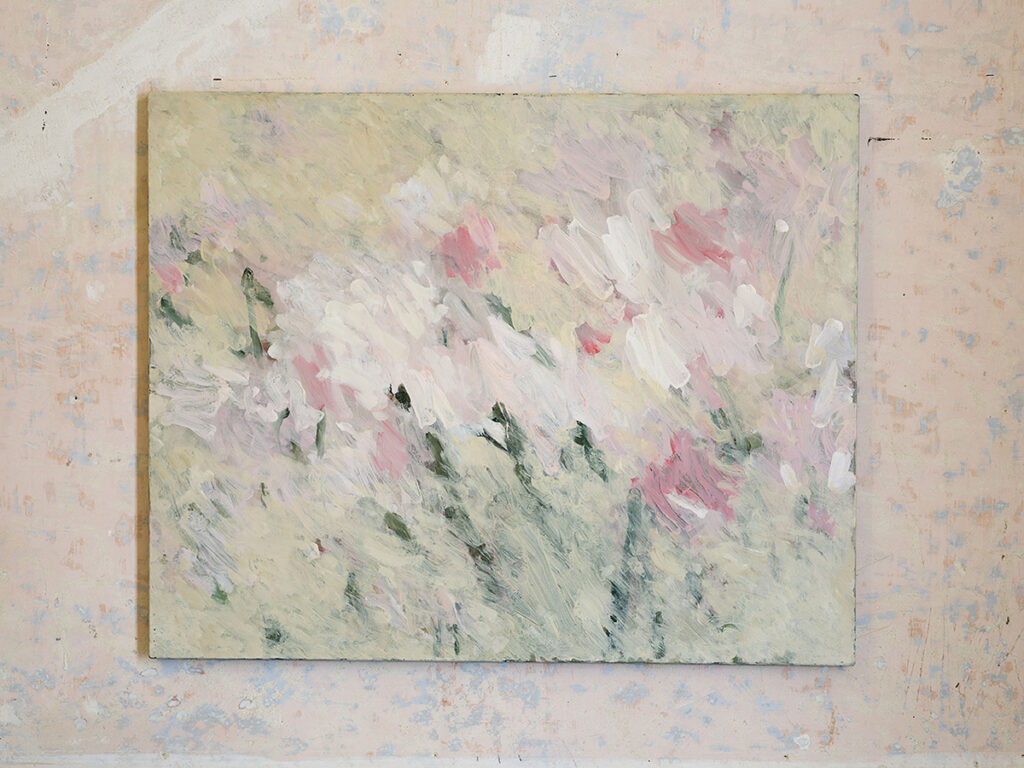
Lucrezia Longobardi The end of the 2010s and start of the 2020s produced the parallel presence of two generations in Italian art. We should more rightly speak of three generations: the one that late-twentieth-century sociology identified as Generation X, and the ones that followed at the turn of the millennium, identified with the letters Y […]
An Extended Reality
The Mask and Face of Contemporary Realism
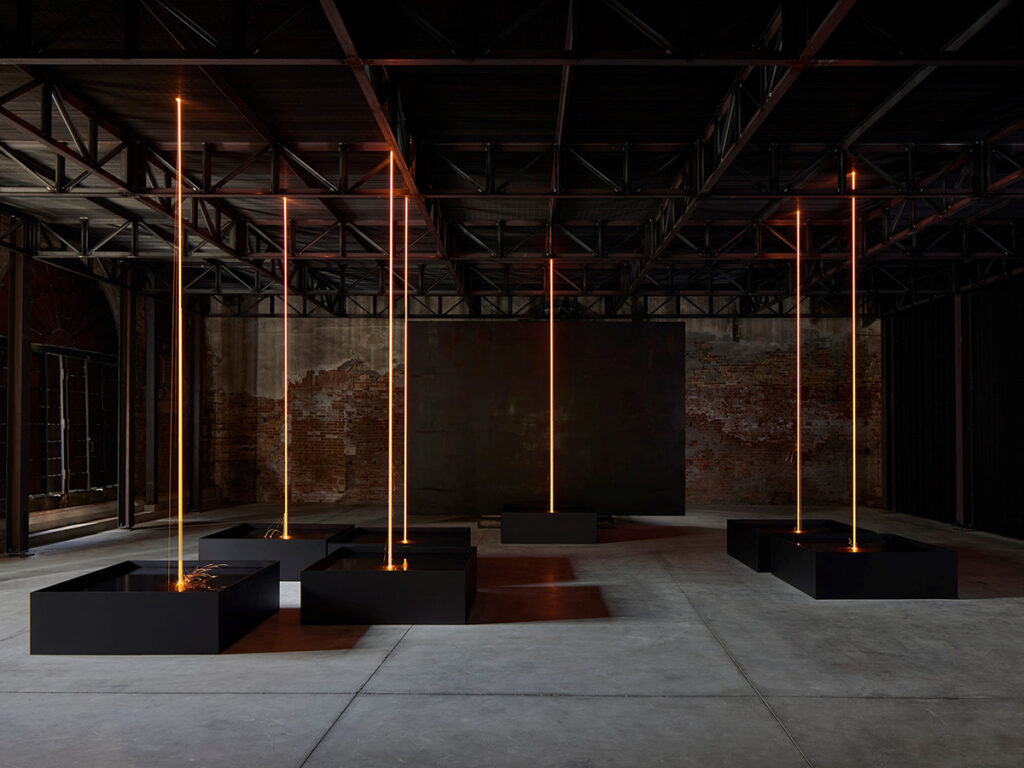
Marco Senaldi «Io non conosco il futuro, non sono venuto qui a dirvi come andrà a finire:sono venuto a dirvi come comincerà».The Matrix Per alcuni aspetti, si potrebbe sostenere che The Matrix – il film del 1999 che ha suscitato tanto successo di pubblico quanto dibattito fra i filosofi[1] – sia stato sottovalutato. Certo, il […]
Diffuse Identity
Notes on the Current Relationship between Philosophy and the Visual Arts
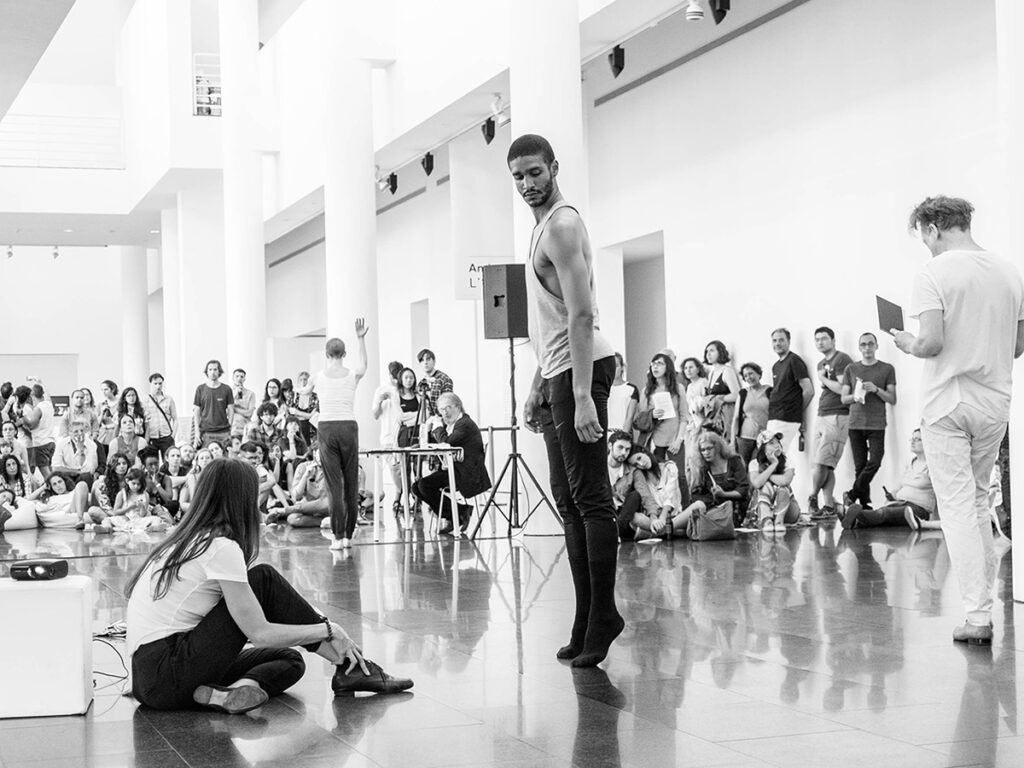
Angel Moya Garcia Relations between philosophy and the visual arts have always been a delicate matter. They officially began in the mid-eighteenth century, when Baumgarten invented aesthetics,[1] and were later complicated by the advent of linguistics, structuralism, semiology and hermeneutics. Philosophy is a rational form of inquiry, tends to be systematic, and reflects critically on […]

